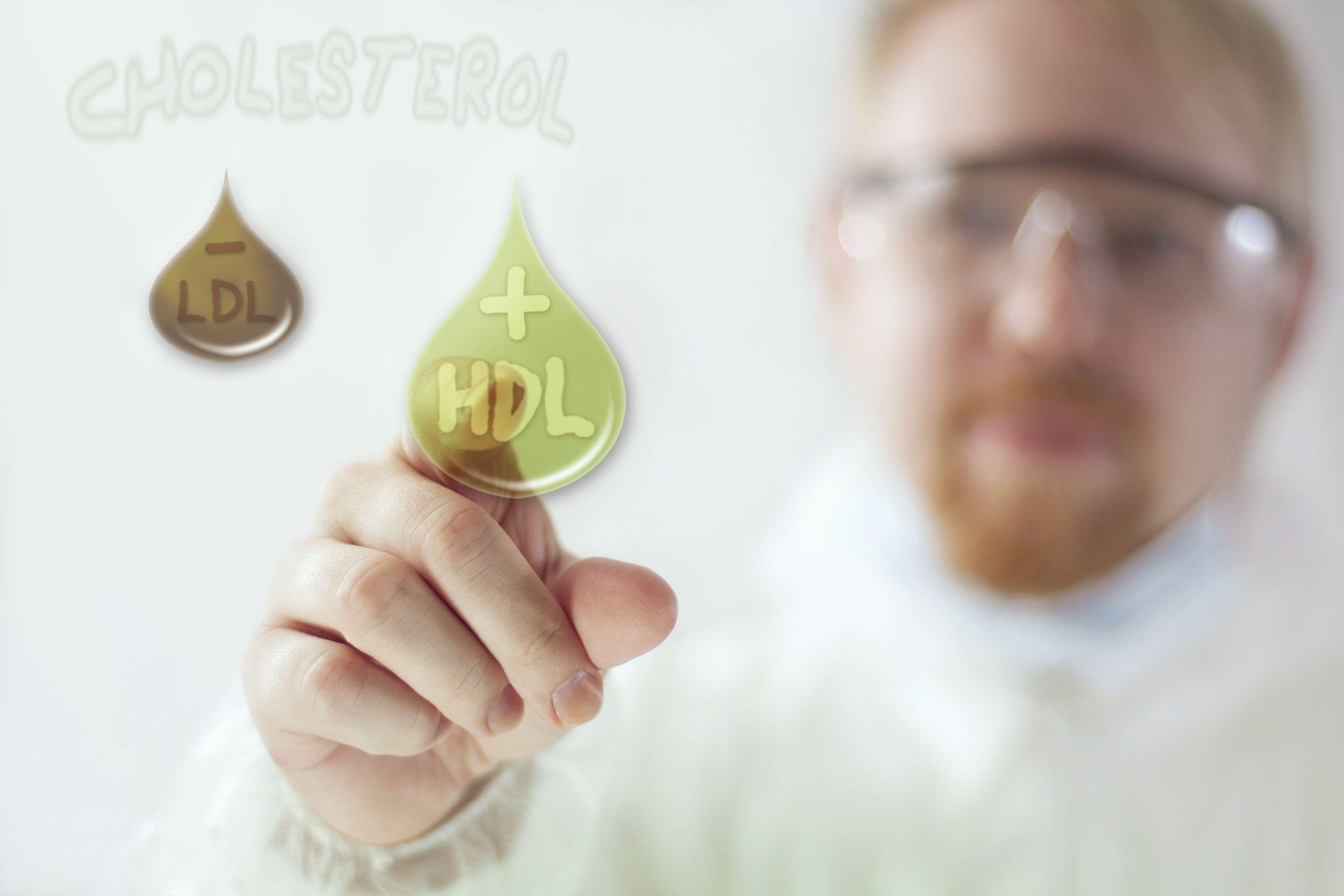
Female Fertility - The Basics
What we know about Fertility Today
Not every couple is able to conceive. Various studies have confirmed that every fifth to seventh couple is not able to conceive despite repeated efforts. Statistically, 40% of infertility cases are rooted in female fertility disorders alone and an estimated 20% are caused by compromised fertility in both partners.
When to see a doctor
When to seek help sometimes depends on your age:
- Up to age 35, most doctors recommend trying to get pregnant for at least a year before testing or treatment.
- If you're between 35 and 40, discuss your concerns with your doctor after six months of trying.
- If you're older than 40, your doctor may want to begin testing or treatment right away.
Risk factors
Certain factors may put you at higher risk of infertility, including:
- Age. The quality and quantity of a woman's eggs begin to decline with increasing age. In your mid-30s, the rate of follicle loss speeds, resulting in fewer and poorer quality eggs. This makes conception more difficult, and increases the risk of miscarriage.
- Smoking. Besides damaging your cervix and Fallopian tubes, smoking increases your risk of miscarriage and ectopic pregnancy. It's also thought to age your ovaries and deplete your eggs prematurely.
- Weight. Being overweight or significantly underweight may affect normal ovulation. Getting to a healthy body mass index (BMI) may increase the frequency of ovulation and likelihood of pregnancy.
- Sexual history. Sexually transmitted infections such as chlamydia and gonorrhea can damage the Fallopian tubes. Having unprotected intercourse with multiple partners increases your risk of a sexually transmitted infection that may cause fertility problems later.
- Alcohol. Stick to moderate alcohol consumption of no more than one alcoholic drink per day.
The Power of Positivity
Many couples have only one great desire: to finally become parents. That puts a tremendous pressure on both parties, particularly when the goal is not realised immediately. And no matter whether it's an issue related to the man or the woman, the partnership and individual self-esteem can take a hit. It's precisely in this type of situation that a close cohesion and an optimistic outlook are needed to give yourself the best possible chance of conception.
Patient Infertility
Scientists estimate that in most Western industrialized nations, every 5 to 7 couples wanting a child are unfortunately childless, and the number is rising. In 40% of cases, the reasons for childlessness are attributed to women.





